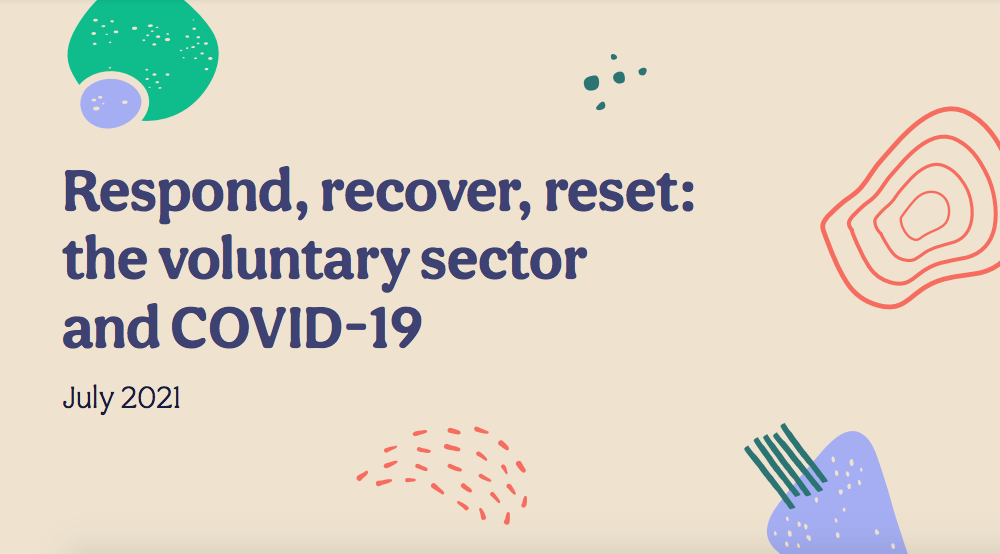Annual assessment of foundation practices finds overall improvement but diversity still a weak spot

Diversity is where most improvements are needed among charitable foundations, according to this year’s Foundation Practice Rating, although overall ratings rose.
The Foundation Practice Rating assesses UK-based charitable grant-making foundations on their practices in the areas of diversity, accountability and transparency on an annual basis.
Giving Evidence compiled the data for the report, which is published by Friends Provident Foundation, using publicly available information on 100 foundations. They then gave them ratings from A to D, based on each one’s practices on the three areas, with foundations scored only on the criteria relevant to them.
Advertisement
The foundations examined ranged from some of the largest to some of the smallest of the top 300 in terms of giving budgets. Over 90 different questions were used in the research process, with each foundation researched by two researchers operating independently, overseen by a third.
The assessment found that diversity, which includes the accessibility of information to those with different needs, is the domain where improvements are most needed. However, the report does note that there was: “statistically significant improvements, and evidence that randomly selected foundations have improved their practices.”
For the first time, a foundation achieved A for diversity, and there were also more Bs, and fewer Ds than in previous years.
Overall results
Collectively, the criteria on which the 100 included foundations scored best were:
- whether the foundation provided information on who or what it has funded (99% did so)
- whether it had an investment policy (91%)
- for approximately what percentage of its funding was information given on who makes the funding decisions (87%)
- whether it had a website (87%)
The foundations were collectively scored worst on:
- having ways for people who have disabilities to contact the foundation (2%)
- having a plan to improve the diversity of trustees or board members, with numerical targets (3%)
- having a plan to improve the diversity of staff, with numerical targets (4%)
- having various ways for contacting the foundation concerning malpractice (5%)
13 of the 100 foundations examined had no websites at all, with others being limited, poorly designed and failing to provide access to key information.
Danielle Walker Palmour, Director of Friends Provident Foundation, and one of the leaders of the initiative, said:
“We are delighted that a slow revolution is underway in the foundation world and the general trend of improvement is positive. However, it’s important to say even the foundations doing well have much to do to improve practices around diversity to catch up with other social purpose organisations.
“The object of the exercise is to give the sector real insight into areas of their performance that can easily be overlooked given that we’re all focused on the good we hope to do. What is really encouraging is that over the three years, performance is improving across the board. For example, there are more than three times as many foundations scoring overall As now than in the first year of assessment in 2021; and the number of foundations scoring D has halved.”
Also commenting, Caroline Fiennes of Giving Evidence said:
“The high ratings are by no means unique to the largest foundations. The foundations rated A overall were diverse in size and structure. They included community foundations, a huge foundation (Wellcome) and smaller/younger endowed foundations (e.g. Blagrave Trust, The Indigo Trust). Indeed, some of the largest foundations (by giving budget) by contrast, scored C overall.”






